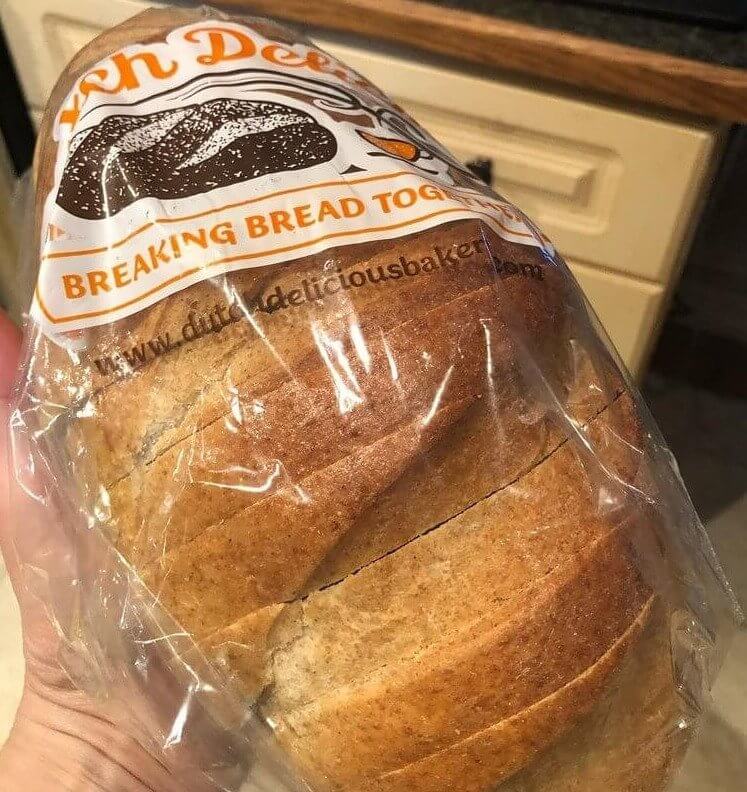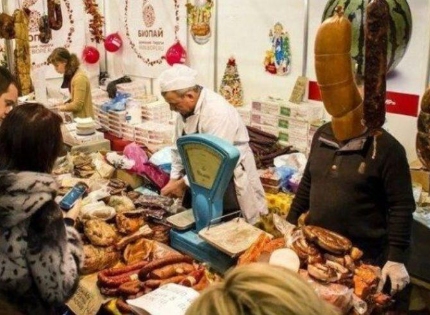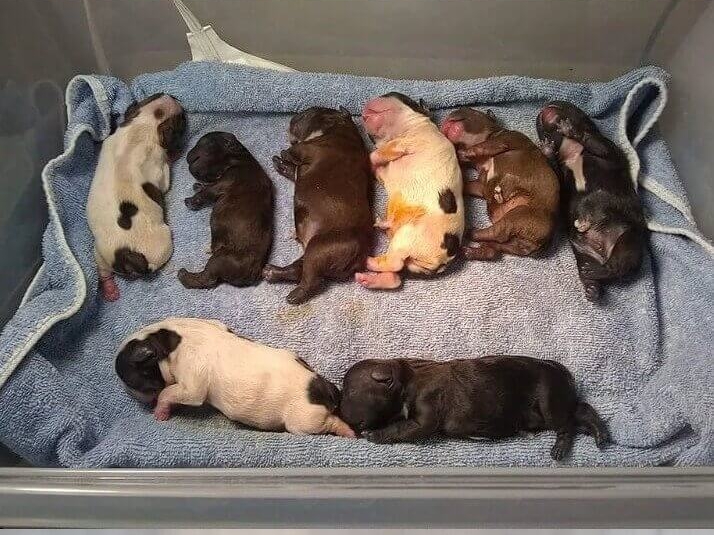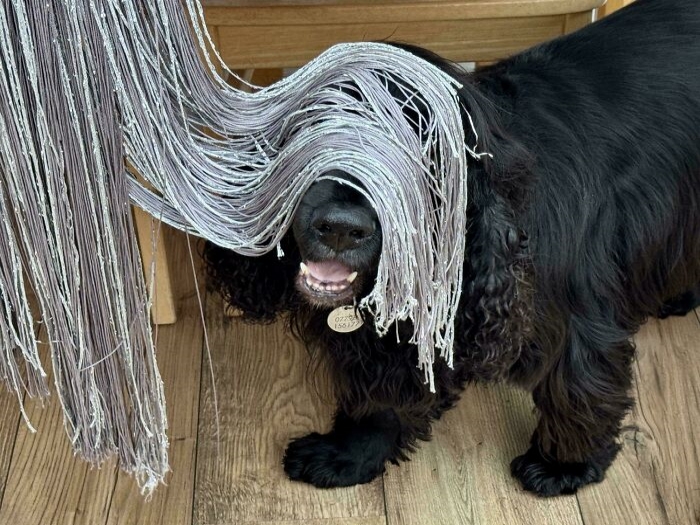Common Foods That Are Made Of Surprising Ingredients
Sliced Bread Is Sometimes Made With Human Hair
If you’ve ever bought a homemade loaf of bread from a bakery, you’ve probably noticed it goes stale much faster than the sliced bread from supermarkets. Ever wonder why? The answer lies in preservatives like L-cysteine, which keeps store-bought bread fresh longer. Homemade bread skips these additives, giving it a shorter shelf life but a more natural taste. Here’s the catch, though: L-cysteine has a surprising—and slightly unsettling—origin. It’s often made from human hair, boiled down into a preservative, and typically sourced from salons in China

Yes, that’s right—your bread’s freshness might come from someone’s haircut.
While this might sound unappetizing, L-cysteine is widely used in the U.S. food industry to extend the shelf life of baked goods. It’s a cost-effective solution for mass production, but it raises questions about what we’re really consuming. Would you still reach for that loaf if you knew its secret? For those seeking a cleaner alternative, local bakeries or organic brands often avoid such additives, offering fresher, more transparent options. Next time you’re at the store, take a closer look at the ingredients—you might be surprised at what you find.








